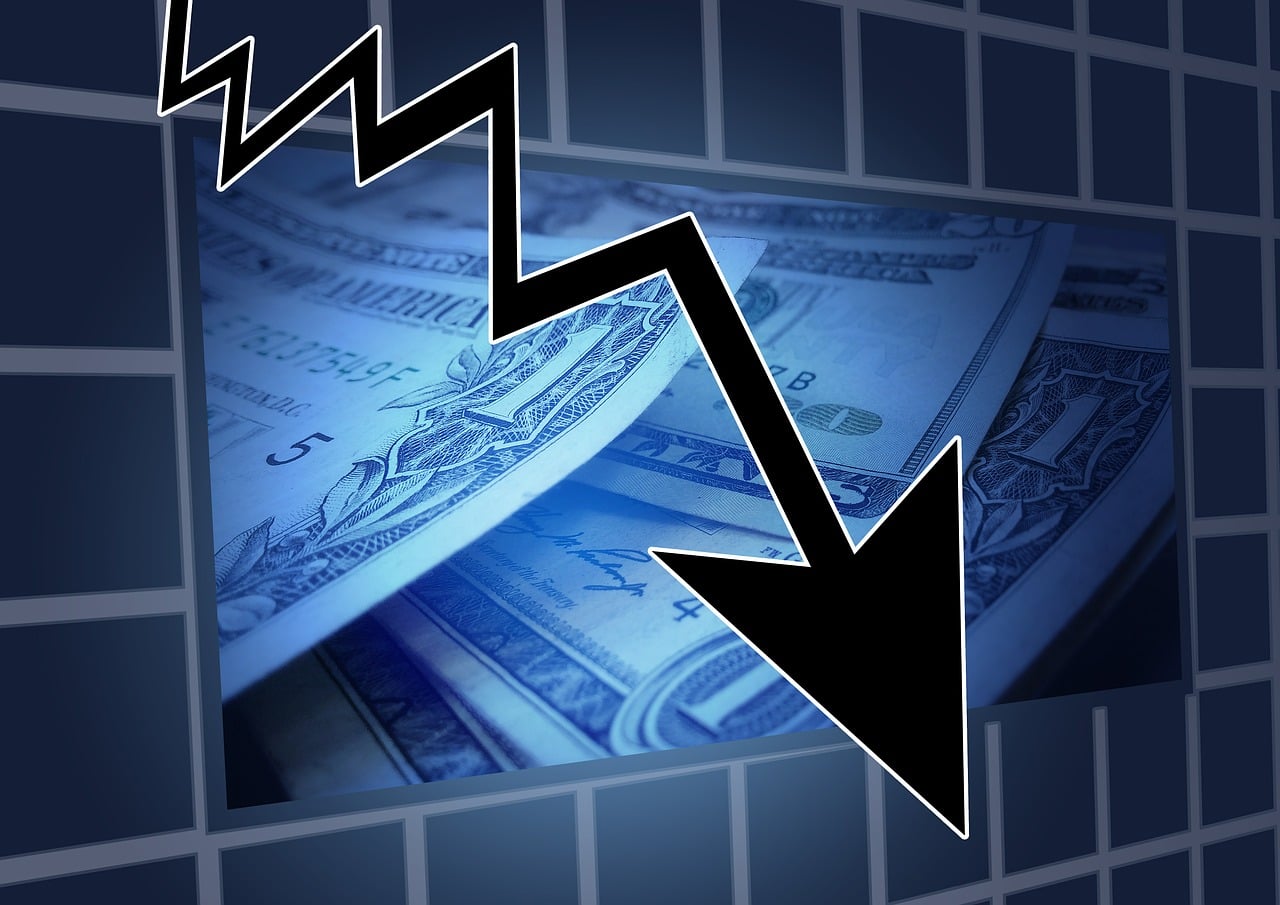The International Monetary Fund (IMF) has reduced its global growth prediction for 2022 as the economic recoveries of China and the U.S. have taken a dent, due to increasing Covid cases, supply chain restrictions, and soaring inflation.
Q4 2021 hedge fund letters, conferences and more
IMF's Prediction For Global Growth
As informed by CNBC, in its World Economic Outlook report released Tuesday, the IMF has reduced its global economic growth expectation from 5.9% last year to 4.4% in 2022, “with this year’s figure being half a percentage point lower than previously estimated.”
The report states that “The global economy enters 2022 in a weaker position than previously expected,” citing the rising cases of the Omicron variant and the ensuing market volatility as the “downside surprises” this year.
The waning economic recoveries of the U.S. and China have been a central element in the forecast.
According to the report, the U.S. economy is anticipated to grow 4.0% this year, 1.2 percentage points below the forecast as the Federal Reserve edges closer to removing the monetary stimulus implemented during the onset of the pandemic.
China, in the meantime, is predicted to grow by 4.8% —0.8 percentage points short of estimates— as the country’s restrictions to tackle Covid cases and the “projected financial stress” for real estate developers are the main deterrents.
Worldwide
What concerns the IMF the most for the rest of the world is the rising inflation and the soaring energy prices —more so in economies like Canada, Brazil, and Mexico.
Higher inflation is certainly expected to last longer than anticipated and tail off later in the year, “as supply-demand imbalances wane in 2022 and monetary policy in major economies responds.”
As of 2023, however, the report states that the global economy is expected to grow by 3.8%, or 0.2 percentage points higher than previous estimates, provided there will be no more aggressive Covid variants.
“The forecast is conditional on adverse health outcomes declining to low levels in most countries by end-2022, assuming vaccination rates improve worldwide and therapies become more effective.”
“The emphasis on an effective global health strategy is more salient than ever,” the document said.






